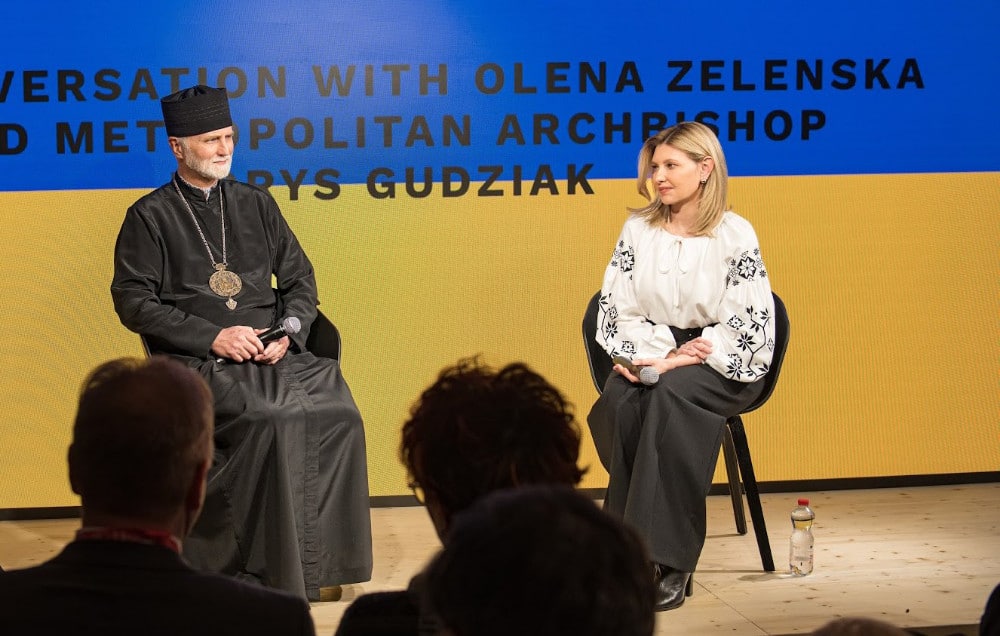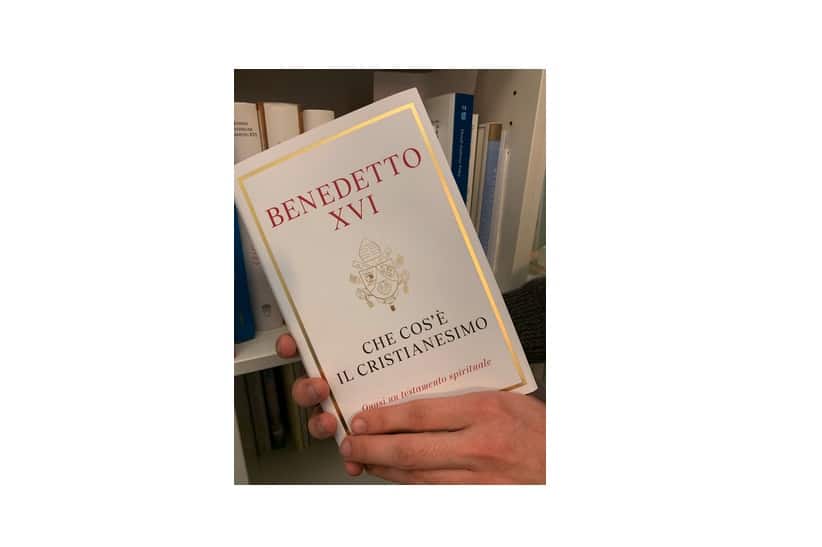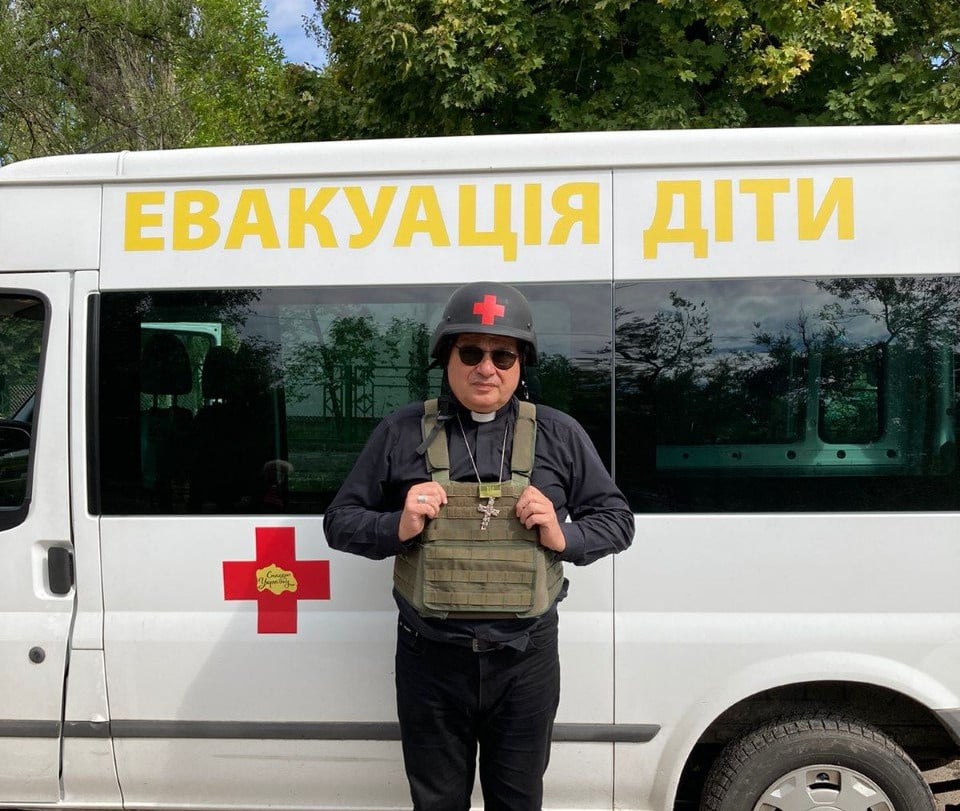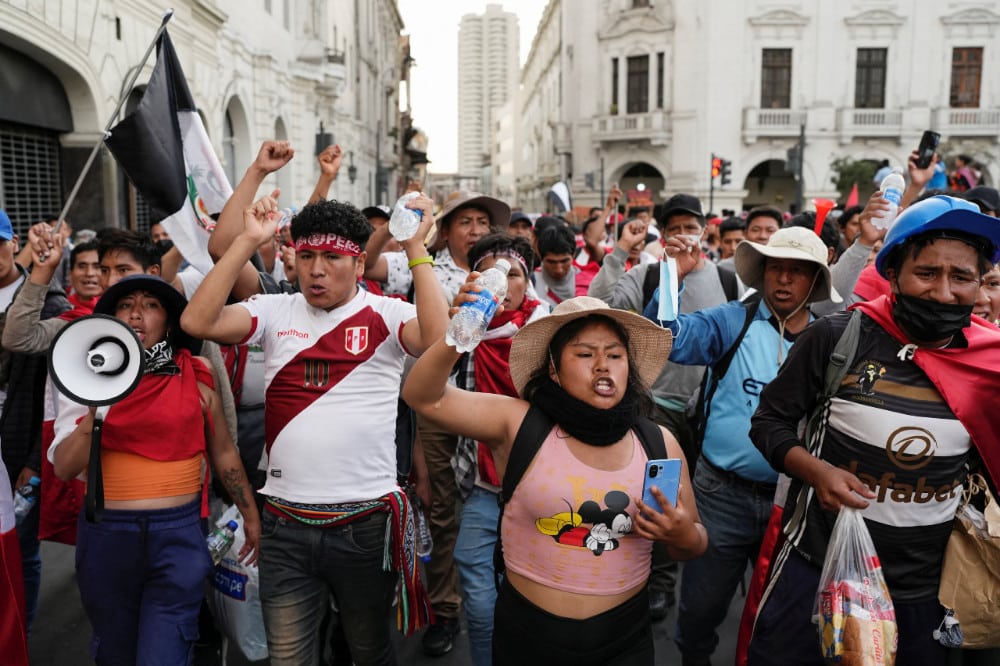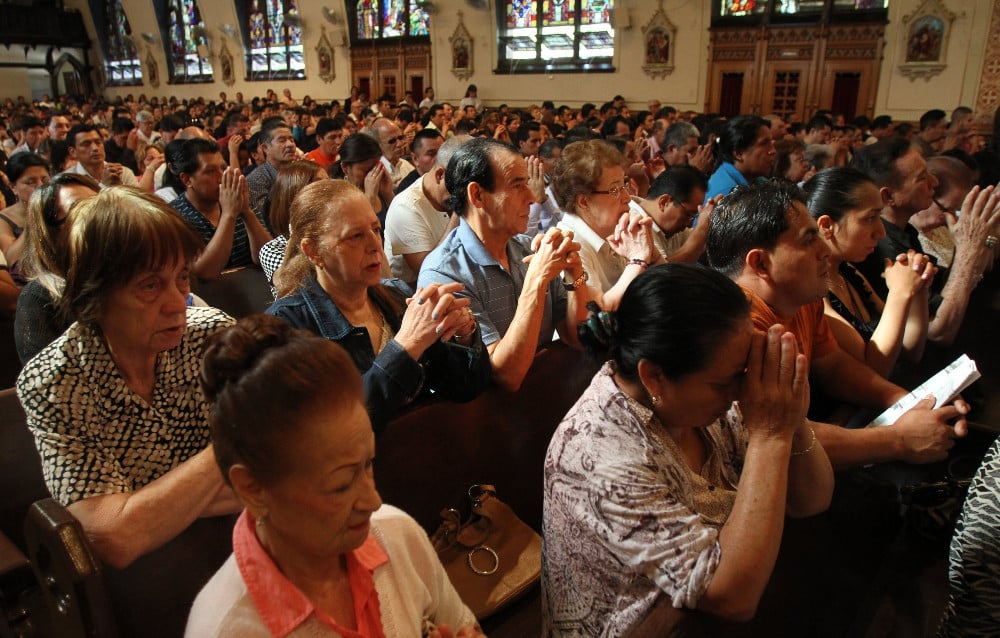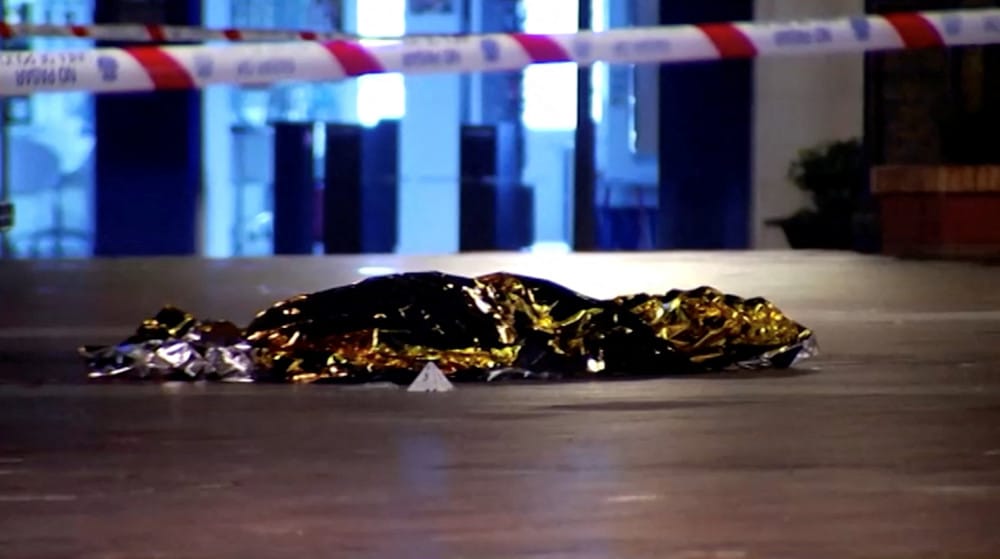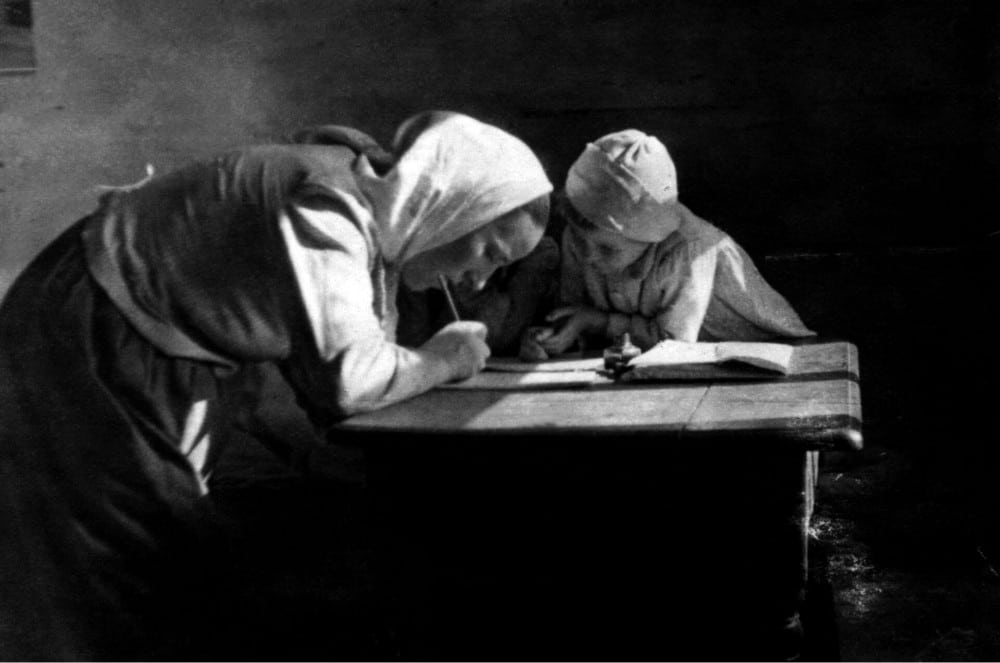(OSV News) — It is not often a Catholic bishop gets a platform in Davos for the World Economic Forum, with a packed audience. But with war in Ukraine being the primary point of discussion in the famous Swiss-based business forum and with Ukraine’s first lady Olena Zelenska as a panelist, this was the case.
In Davos, Zelenska and Ukrainian Catholic Archbishop Borys Gudziak of Philadelphia discussed the physical, psychological and emotional trauma of war, forgiveness, and their dreams for Ukraine’s future.
“The world has come to know who Ukrainians are: resilient, brave and kind. This inspires the entire world,” Zelenska said in a panel moderated by The Economist Editor-in-Chief Zanny Minton Beddoes. “But the price is human lives.”
Ukraine’s first lady was a special guest during the World Economic Forum held in Davos Jan. 16-20. The panel discussion with Archbishop Gudziak was hosted by Ukraine House Davos in collaboration with the Jan. 17 “Ukraine Is You” project.
Zelenska said the war is teaching Ukrainians to value every life.
“We have become a human-centric country. We understand that tomorrow we might lose our nearest and dearest, so we must give them our care and love today,” she said. “We know that when our children go to school, we are looking forward to their coming back because there is a chance that they might never return.”
The first lady’s hope is that unity and humanity will endure after the war.
Archbishop Gudziak noted that Ukraine’s courage and resilience are rooted in and inspired by Catholic social teaching, especially its principles of solidarity, subsidiarity, respect for God-given human dignity and pursuit of the common good.
In the archbishop’s view, Ukraine started changing long before the rest of the world noticed.
“It’s not that Ukraine has totally changed in one day,” said Archbishop Gudziak, who leads the Ukrainian Greek Catholic Church’s Archeparchy of Philadelphia, which has parishes in Delaware, Maryland, New Jersey, Pennsylvania, Virginia and Washington, D.C. “Yes, Ukraine is changing, because war changes history very quickly. People just weren’t watching (before). People didn’t understand. Often, it’s because people look at money, power, factories, cars, and infrastructure.
“But there’s more to human life than that,” he added. “There’s the soul, there’s the heart.”
Forgiveness towards enemies was another complicated issue to which both Zelenska and Archbishop Gudziak spoke in their conversation.
Zelenska stressed that Ukrainians have lost their empathy toward Russians and it could take years, decades or even centuries before those wounds could be healed.
“They killed all the empathy, all the friendly feelings we might have had towards them, towards their country, towards their people,” Zelenska acknowledged with visible sadness.
When asked when that might change, she replied, “When this country, which is, unfortunately, our neighbor, realizes at last that they must repent — that they must undo this evil that they brought to our county.”
Archbishop Gudziak said Russia’s problem is the pathology of imperialism, which is poisoning its politics, culture and religion.
“Someday, Russia will have to understand — I hope not someday, but soon — that the God-given dignity of Ukrainians is something they will defend to the last drop of blood,” he said. “And the Russians themselves need (to understand) that. Because it is a terrible thing to be an imperialist. It is a terrible thing to be a slave owner. It is a blotch. It is a shame.”
In what was one the most moving moments of the conversation for those gathered, Archbishop Gudziak asked Zelenska to address mothers in China, in African and Latin American countries, where their governments are reluctant to support Ukraine.
Zelenska, a mother of two children and involved in charitable work with orphanages and children who have disabilities, said, “Imagine what happens if your child is killed — your innocent child is killed.”
She asked women throughout the world to feel the pain of Ukrainian mothers and wake up politicians to the need to stop Russia’s aggression against Ukraine.
She spoke three days after Russia’s massive Jan. 14 bombardment of Ukraine’s cities, when a ballistic missile designed to take out aircraft carriers struck a residential building in Dnipro, killing more than 40 people, including young children.
“You cannot remain indifferent,” she said. “You cannot imagine not taking sides. You cannot imagine failing to cry together with Ukrainian mothers standing on the sideline.”
Mariana Karapinka is director of communications for the Ukrainian Catholic Archeparchy of Philadelphia.

